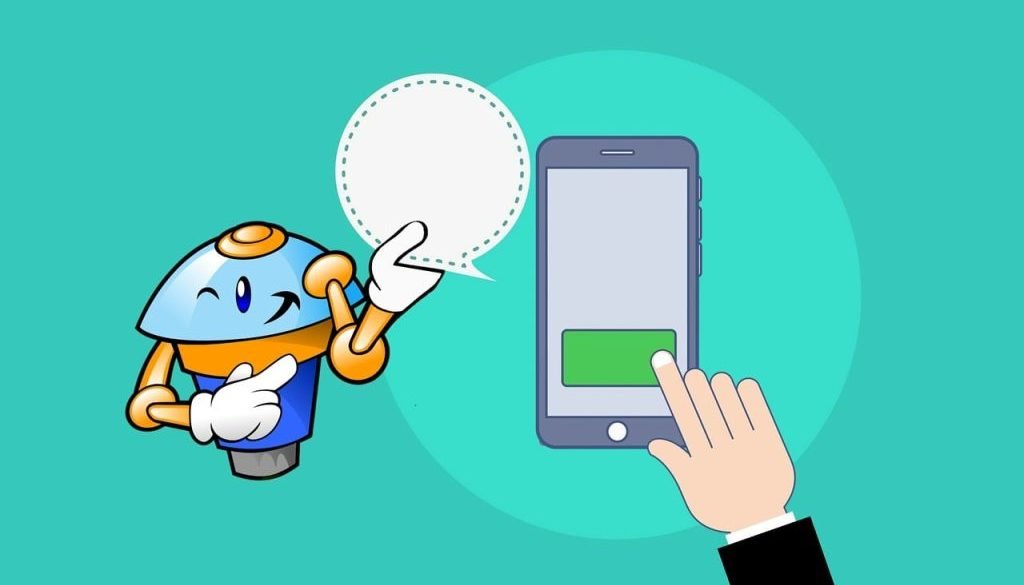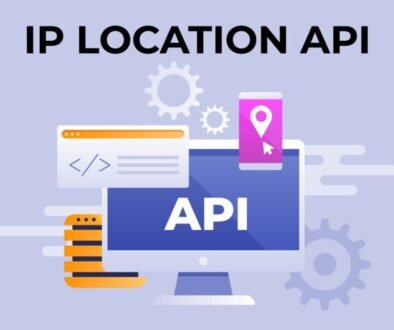Understanding Chatbots and Their Effect on Different Industries
The rise of chatbots is one notable development that has drawn substantial attention in the current digital era of technology. Computer programmes created to mimic human speech are called chatbots or conversational agents. By offering automated and customised user interactions, they have revolutionised several sectors. The world of chatbots, their advantages, varieties, applications in many industries, and difficulties they encounter are all covered in this article.
Recognising chatbots
Artificial intelligence (AI)-powered chatbots employ machine learning and natural language processing to interpret and reply to user queries. They can communicate with users by using voice assistants or text-based interfaces. Vast amounts of data are used to train chatbots to identify trends and give precise responses. They are now more advanced, allowing for more human-like discussions and improving user experiences.
Advantages of chatbots
The adoption of chatbots has several advantages for both users and organisations. First, chatbots offer round-the-clock customer service, ensuring that users’ questions are immediately answered whenever they arise. By providing prompt responses and individualised advice, they raise client satisfaction. Chatbots also assist companies in lowering operating expenses by automating routine processes and allocating human resources to more complex problems. Chatbots also allow businesses to learn insightful things about their customers by examining user interactions and preferences.
Different Chatbots
Chatbots come in a variety of forms, each with a distinct function. The responses given by rule-based chatbots are predetermined and are based on keyword matching. They work well in straightforward tasks and specific situations. On the other hand, AI-powered chatbots use NLP (natural language processing) and machine learning algorithms to comprehend and react to user input. They regularly pick up new skills through user interactions, which helps them get better over time.
Chatbot Use Case Examples
Numerous industries have used chatbots, which have changed how organisations run. Chatbots serve as virtual agents for customer care, answering frequent questions and resolving problems in real time. They provide users with order tracking, product information, and troubleshooting advice. Chatbots in the e-commerce industry assist consumers in finding products, making purchases, and getting tailored recommendations, streamlining the shopping experience—chatbots in healthcare assist with symptom evaluation, appointment scheduling, and patient involvement. Marketing chatbots pique consumers’ interest with tailored marketing campaigns, impart knowledge, and encourage purchases. Chatbots are also virtual assistants to manage everyday tasks, appointments, and reminders for users.
Customer service chatbots
Customer service is one of the chatbots’ most well-known uses. They offer companies a scalable and effective way to respond to support and customer service demands. Chatbots can rapidly solve problems, recommend products, and answer frequently requested questions. When necessary, they can also escalate complex issues to human agents. Businesses can drastically cut response times, improve customer happiness, and streamline support operations by automating customer care interactions.
Chatbots in Online Shopping
Chatbots are revolutionising how customers engage with online retailers in e-commerce. Based on customer preferences and past purchases, they provide tailored product recommendations. Chatbots can assist users in purchasing, respond to questions about specific products, and enable safe transactions. Businesses may improve customer experiences, boost conversions, and offer 24/7 assistance by integrating chatbots into e-commerce systems.
Healthcare Chatbots
Using chatbots in the healthcare sector has increased patient care and operational effectiveness. Chatbots can help patients by setting up appointments, reminding them to take their medications, and responding to frequently asked queries about their health. They can also aid in symptom classification and point patients toward pertinent medical facilities. By utilising chatbots, healthcare providers can create individualised patient experiences, lessen administrative responsibilities, and increase patient engagement.
Marketing with chatbots
Marketing techniques are increasingly utilising chatbots. They can gather valuable customer data, engage users in conversations, and tailor product recommendations. Businesses can conduct customised marketing campaigns, nurture leads, and increase conversions with the help of chatbots. Marketers can use chatbots to build more dynamic and engaging experiences, ultimately growing consumer loyalty and brand exposure.
Virtual Assistant chatbots
Chatbot-powered virtual assistants are now commonplace in our daily lives. Users can manage tasks, appointments, and reminders with chatbot-based virtual assistants on voice-activated devices and smartphone applications. They give news updates, make individualised recommendations, and help with daily tasks. As our digital companions, virtual assistants have improved the convenience and effectiveness of our lives.
Chatbots’ future
Chatbots have a bright future with continued developments in AI and natural language processing. With further development, chatbots will provide increasingly more individualised and contextually aware interactions. They will be effortlessly incorporated into various platforms and devices, assisting users in their daily activities. As technology advances, chatbots will be essential in revolutionising multiple sectors, including healthcare, banking, education, and more.
Chatbots’ difficulties
While chatbots have a lot of potential, they also have a lot of difficulties. The comprehension of context and natural language are still areas that need work. Sometimes chatbots can misread user requests or fail to give pertinent answers. It can be challenging to balance automatic responses and human-like interactions. Ethical issues relating to data protection, transparency, and prejudice must also be considered to ensure chatbot technology’s honest and reliable usage.
Ethics-Related Matters
As chatbots proliferate, ethical issues must be considered to ensure their responsible and advantageous use. Data security and user privacy should be prioritised. Transparency on using chatbots and their limitations is crucial to managing user expectations. To avoid prejudice and guarantee fair treatment, bias in AI algorithms should be minimal. To identify and rectify any potential ethical problems, chatbot performance must be continuously monitored and evaluated.
Conclusion
In conclusion, chatbots have revolutionised consumer and corporate interactions by delivering automated and customised experiences. They provide several advantages, such as cost savings, round-the-clock customer service, and insightful client data. Customer service, e-commerce, healthcare, marketing, and virtual assistants are just a few valuable fields in which chatbots are helpful. They increase user experiences, process efficiency, and operational effectiveness. However, issues like natural language understanding and ethical considerations must be resolved for responsible and successful chatbot implementation.
Frequently Asked Questions (FAQs)
1: A chatbot is what?
An AI-powered chatbot is made to mimic human speech and communicate with users via text-based or voice-activated interfaces.
2: What advantages come with employing chatbots?
By automating repetitive operations, it offer 24/7 customer support, individualised advice, and cost savings. They also compile insightful customer data.
3: What kinds of chatbots are there?
Rule-based and AI-powered chatbots, which use machine learning algorithms and natural language processing, adhere to predetermined rules.
4: Which industries make use of chatbots?
Customer service, e-commerce, healthcare, marketing, virtual assistants, and other businesses employ chatbots.
5: What are the prospects for chatbots?
As they develop, chatbots will provide more individualised and contextually aware interactions. They will be included in a variety of hardware and software.
Related post:
Celebrating Excellence in the Home Technology Industry with the CEDIA Awards
Leading Technology Innovation in the Digital Age: CTO New Canaan



